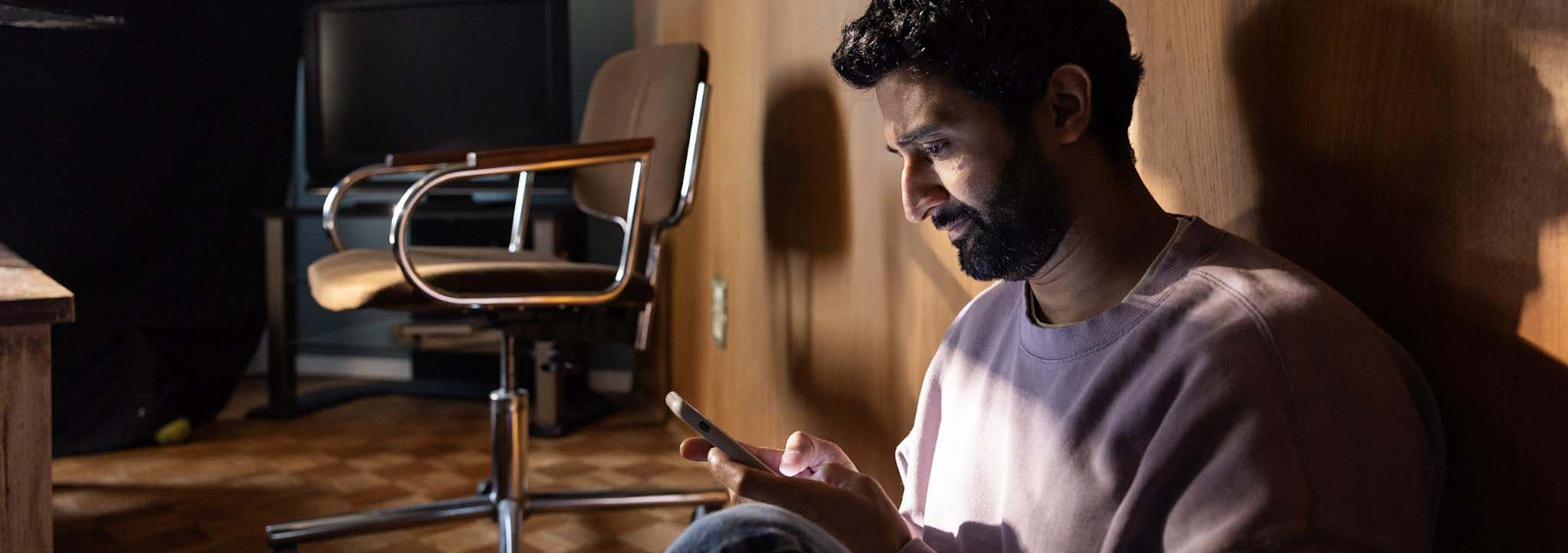B.C.’s Recovery Model
In 2023, the government of British Columbia launched an innovative approach to addictions care called Road to Recovery. This model is designed to offer support that fits each person’s unique needs.
Road to Recovery
We know that recovery can be challenging, and it isn’t always a straight path. Road to Recovery makes it easier to talk to someone about your treatment needs and get connected to care.
Road to Recovery is also about strengthening connections between services to make it easier for people to start and stay on their recovery journey. This means people will be able to get the right help at the right time, which is key to effective treatment and recovery.
What is Road to Recovery?
Recovery looks different for everyone, and there's no single solution that works for every individual. B.C.’s recovery model offers a variety of options to support each person wherever they are on their journey. Explore how this model works and the support it provides.
-
Access Central
-
Access Central, part of the Road to Recovery model, helps adults connect with addictions care through a single, easy-to-use phone line.
-
First launched in Greater Vancouver in 2023, the service is now available in the Fraser Health, Interior Health and Island Health regions. In the future, the Northern Health region will also be able to use an Access Central phone line, making the service province-wide.
- Recovery isn’t straightforward, which is why services like the Access Central phone line are vital. Access Central brings addictions care together in one place, making it easier for people to get help and stay supported throughout their recovery journey.
- To contact Access Central, call the phone number for your region:
- Vancouver
- 1-866-658-1221
- 9:00 am to 7:45 pm, seven days a week
- Fraser Health
- 1-833-866-6478
- 8:30 am to 8:30 pm, seven days a week
- Interior Health
- 1-866-777-1103
- 9:00 am to 4:30 pm, seven days a week
- Island Health
- 1-888-885-8824
- 8:30 am to 8:30 pm, seven days a week
- Vancouver
-
-
This service is being expanded to all regions of the province. Find recovery supports today at HelpStartsHere.gov.bc.ca/RecoverySupports
-
Detox and Stabilization
-
Detox and stabilization services are available to help individuals safely manage withdrawal from substances. These services can be provided in various settings, and many people can detox successfully in outpatient care (at home or in the community) with clinical support. The goal is to connect each person with the care that best suits their needs.
-
Through Road to Recovery, B.C. is increasing access to detox with new beds, outpatient options, and expanded access to opioid agonist therapy through new services like the Opioid Treatment Access Line.
-
-
Transitional Supports
-
The early stages of recovery can be challenging, and transitional supports are designed to help people move smoothly from detox to treatment, or from treatment to long-term recovery supports. These services ensure that people stay supported, safe, and focused as they navigate these important steps.
-
-
Treatment
-
Treatment options vary depending on individual needs. Some people may require inpatient (bed-based) care, while others can access medications (like opioid agonist treatment) and services such as counselling or group therapy. Programs vary in length and types of services offered. The Road to Recovery model offers a mix of services to best support individuals throughout their recovery journey.
-
In addition to accessing services, you can also find more information about service options on the BC Centre on Substance Use website. This includes publicly funded and private treatment options.
-
-
Aftercare Supports
-
Recovery doesn’t end after treatment. Road to Recovery helps connect people with aftercare, which could include aftercare clinicians, new Recovery Community Centres, day programs, life skills classes, or peer recovery groups. These long-term recovery supports are designed to support individuals in maintaining their progress and continuing on their path to wellness.
-
Visual representation of the Road to Recovery Model
Find supports for substance use today at HelpStartsHere.gov.bc.ca

